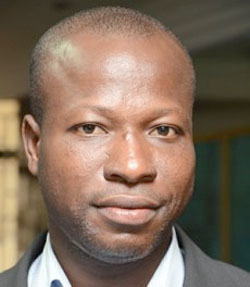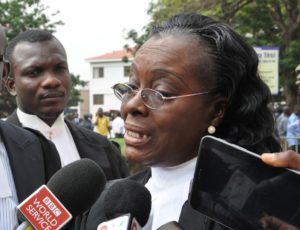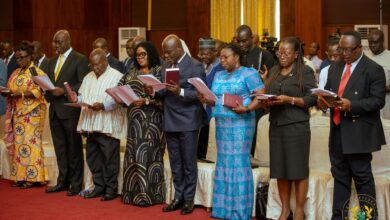
A former National Youth Organiser of the Convention People’s Party (CPP), James Kwabena Bomfeh, has gone to the Supreme Court to seek an order that the setting up of a National Hajj Board and offering assistance by government was unconstitutional.
According to Mr Bomfeh, government must not be engaged in religious affairs within the country and therefore it’s assistance to Muslim pilgrims through the hajj board must be declared unconstitutional and illegal.

In a writ filed at the Supreme Court, Mr Bomfeh also contended that decision by government to partly support the construction of a National Cathedral for Christian Interdenominational Church services was also unconstitutional.
Article 21 (1)(b) and (c) states that: All persons shall have the right to – (b) freedom of thought, conscience and belief, which shall include academic freedom; (c) freedom to practice any religion and to manifest such practice.
Article 35 (1) (5) and (6) (a) of the 1992 Constitution also states that: (1) Ghana shall be a democratic state dedicated to the realization of freedom and justice; and accordingly, sovereignty resides in the people of Ghana from whom Government derives all its powers and authority through this Constitution; (5) The State shall actively promote the integration of the peoples of Ghana and prohibit discrimination and prejudice on the grounds of place of origin, circumstances of birth, ethnic origin, gender or religion, creed or other beliefs; (6) Towards the achievement of the objectives stated in clause (5) of this article, the State shall take appropriate measures to – (a) foster a spirit of loyalty to Ghana that overrides sectional, ethnic and other loyalties.
Article 37 (1) further states that The State shall endeavour to secure and protect a social order founded on the ideals and principles of freedom, equality, justice, probity and accountability as enshrined in Chapter 5 of this Constitution; and in particular, the State shall direct its policy towards ensuring that every citizen has equality of rights, obligations and opportunities before the law.
Article 56 states: Parliament shall have no power to enact a law to establish or authorise the establishment of a body or movement with the right or power to impose on the people of Ghana a common programme or a set of objectives of a religious or political.
According to Mr Bomfeh, it was unconstitutional for Ghana through its organs including Ministries, Departments, Agencies or authorised representatives to purposely aid, support, sponsor or offer preferential governmental promotion or be excessively entangled in any religion or religious practice.
He is also seeking further orders as the court may deem fit.
The Attorney General and Ministry of Justice has 14 days to enter into appearance and file its defense if any.
Source: graphic.com.gh




